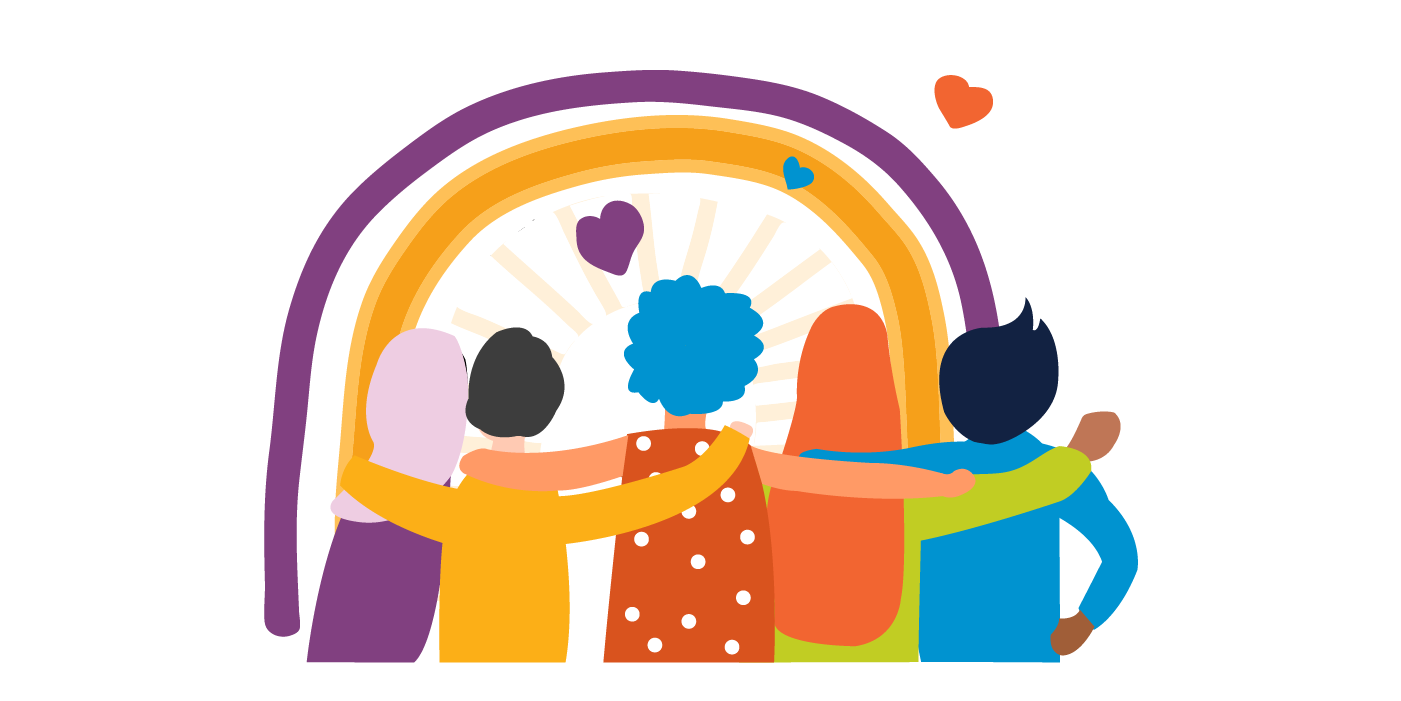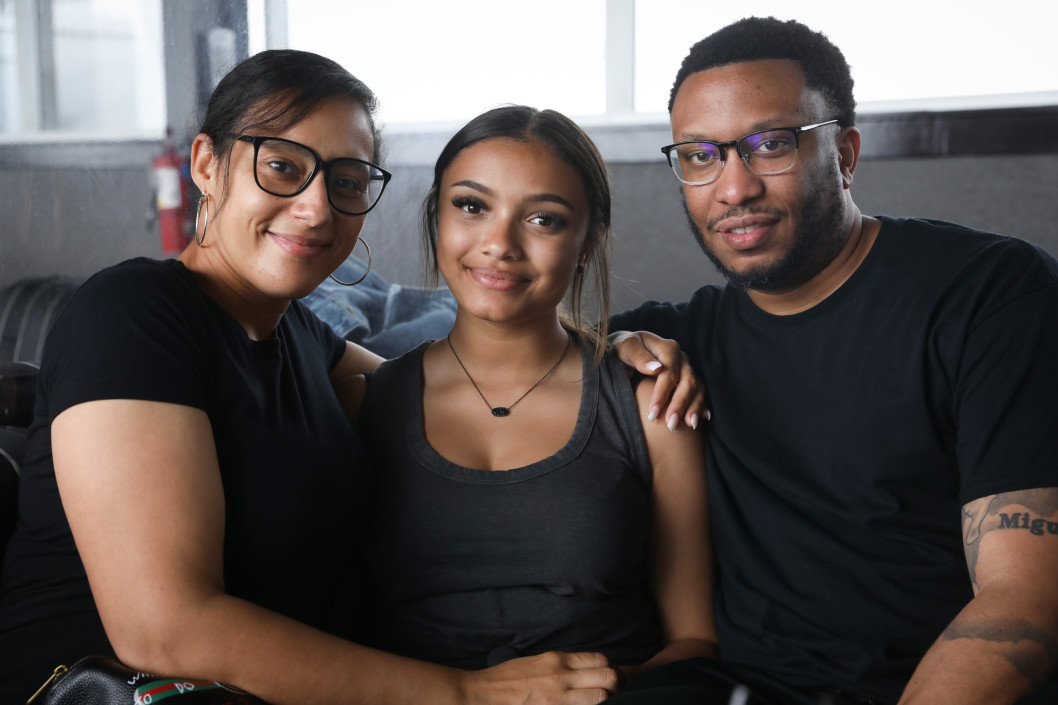If You’re Finding This Stage of the Pandemic Especially Confusing, You’re Not Alone
 The omicron surge is declining fast in the U.S. One state after another is lifting their mask mandates.
The omicron surge is declining fast in the U.S. One state after another is lifting their mask mandates.
But more than 175,000 people are still catching the virus, and more than 2,200 people are still dying from COVID-19, every day. And federal officials say it’s too soon to loosen restrictions.
Is your head spinning? Are you feeling anxious? It’s not surprising, according to psychologists, sociologists and medical anthropologists.
“It’s very confusing,” says Ayelet Fishbach, a professor of behavioral science at the University of Chicago. “You wake up in the morning and and you wonder: ‘Maybe we are over it and no one told me.’ Or maybe: ‘It’s terrible and I should not do my shopping in person.’ ”
And that, Fishbach says, leaves many people struggling to know: Should I keep wearing my mask? When can I safely take it off? Should I go to a party, or skip it to stay safe? And maybe even feeling more distressed than ever.
“The sense that you’re standing on shifting sands does put you in an awkward situation about: ‘What do I do? And, what don’t I do? And what they told me yesterday may be different from what they’re telling me today,” says Monica Shoch-Spana, a medical anthropologist at the Johns Hopkins Center for Health Security.
Many experts are predicting the pandemic may be on the way to becoming endemic, meaning COVID cases will typically be less severe, and the disease’s impact on society will be more predictable and hopefully far less disruptive to daily life.
But the virus is still far from becoming endemic yet. And even when and if it does, it won’t be gone. It’ll still be infecting, sickening and killing people. So people will still have to navigate day-to-day decisions about risk. That could easily vary over time, and in different seasons, and depending on your own underlying immunity and health status.
Plus, of course, there’s the ongoing threat of new variants.
Coping with lurking fears
But there are strategies people can use to cope, the experts say.
First of all, take a calm look at your own situation. People who are at greater risk because of factors such as their age or underlying health conditions will need to continue to take more precautions. And the risk will vary depending on variables such as high much the virus is still spreading where you live and the vaccination rate there.
And then, as you continue to try to make good decisions about your risk, one strategy is to do everything possible to get a good night’s sleep, exercise regularly and eat a healthy diet, since all those things help regulate emotions.
“When we’re more emotionally regulated, then we can be better problem-solvers and figure out: ‘How do I navigate a world that is so unpredictable and uncertain right now?” Wright says.
Excerpted from “If You’re Finding This Stage of the Pandemic Especially Confusing, You’re Not Alone” on NPR. Read the full article online.
Listen to a short podcast below:
Source: NPR | If You’re Finding This Stage of the Pandemic Especially Confusing, You’re Not Alone, https://www.npr.org/sections/health-shots/2022/02/14/1080684261/confused-about-how-worried-to-be-about-the-pandemic-youre-not-alone | © 2022 npr
Do you need someone to talk to? To schedule an evaluation or to get advice about your child’s or teen’s challenges, call or email a CHC Care Coordinator at 650.688.3625 or careteam@chconline.org CHC teletherapy services are available now.





